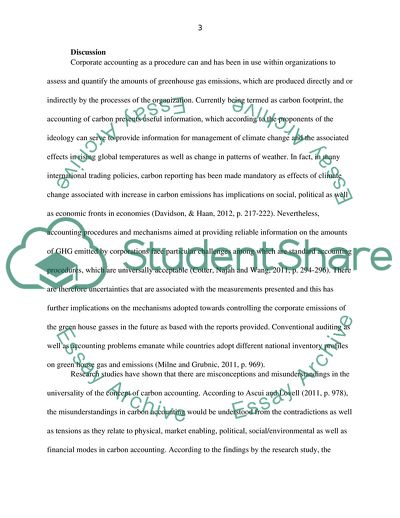Cite this document
(Discuss whether corporate carbon reporting can impact positively on Essay, n.d.)
Discuss whether corporate carbon reporting can impact positively on Essay. https://studentshare.org/environmental-studies/1814982-discuss-whether-corporate-carbon-reporting-can-impact-positively-on-climate-change
Discuss whether corporate carbon reporting can impact positively on Essay. https://studentshare.org/environmental-studies/1814982-discuss-whether-corporate-carbon-reporting-can-impact-positively-on-climate-change
(Discuss Whether Corporate Carbon Reporting Can Impact Positively on Essay)
Discuss Whether Corporate Carbon Reporting Can Impact Positively on Essay. https://studentshare.org/environmental-studies/1814982-discuss-whether-corporate-carbon-reporting-can-impact-positively-on-climate-change.
Discuss Whether Corporate Carbon Reporting Can Impact Positively on Essay. https://studentshare.org/environmental-studies/1814982-discuss-whether-corporate-carbon-reporting-can-impact-positively-on-climate-change.
“Discuss Whether Corporate Carbon Reporting Can Impact Positively on Essay”. https://studentshare.org/environmental-studies/1814982-discuss-whether-corporate-carbon-reporting-can-impact-positively-on-climate-change.


